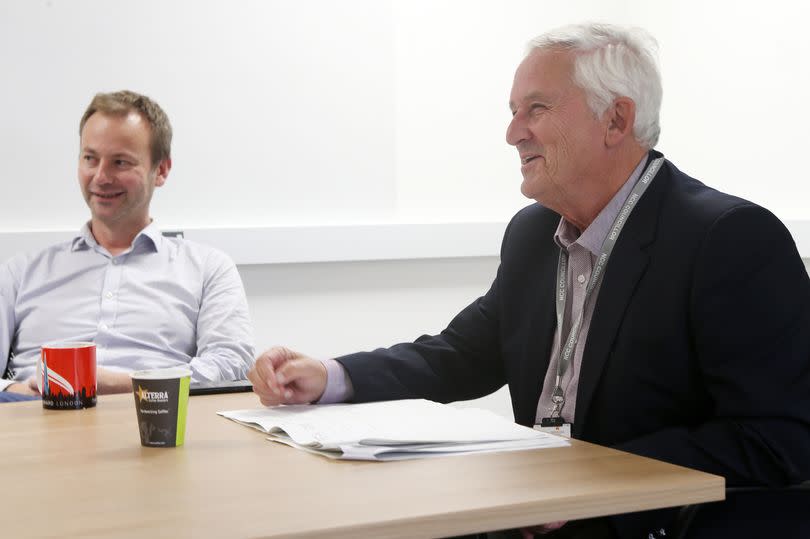Northumberland County Council bosses vow to crack down on 'nightmare' landlords and tenants

New measures will be brought in to tackle problem landlords and tenants in two areas of Blyth.
A selective licensing scheme was approved by Northumberland County Council's cabinet on Tuesday covering the Croft and Cowpen wards. The move will grant council officers extra powers to deal with issues around poor quality housing and anti-social behaviour.
A Selective Licensing scheme requires all landlords in the designated area to apply for a licence before they are able to rent out their property. It is used by councils to address the impact of private landlords who are not meeting their legal obligations alongside tenants engaging in anti-social behaviours.
Read more: Flytipping fines in Northumberland increased to maximum level in bid to crackdown on offenders
Keep up to date with all the latest local news from Northumberland with our free newsletter
The scheme is linked to the council's priority of tackling inequality. Documents presented to the cabinet revealed that the Croft ward is in the top 1% for deprivation levels across the country, and men living in the ward have the lowest life expectancy and healthy life expectancy in the county - while Cowpen has the lowest figures for women.
The report pointed out that there is a "clear link" between poor housing and inequalities - people living in poor quality homes are twice as likely to have poor general health than those who don't (11% compared to 22%). Selective licensing would be used to improve the quality of properties owned by private landlords that are not of a "decent standard".
Speaking at Tuesday's meeting, council leader Glen Sanderson said: "This covers two particular areas in Blyth - Croft and Cowpen. We have seen from afar the housing situation in that area.
"Blyth is the epicentre of great opportunities because of the investment we have seen. We will use licensing to improve the quality of properties currently owned by private landlords that are not of decent standard.
"As a council we are working with partners to tackle these problems, but we have had very limited success so it is only right we progress to this. Being a bad landlord can extend to tenancy management.
"The council will not stand by and allow residents to live in properties of low standards. When landlords don't obtain references allowing a culture of anti-social behaviour - this will tackle that."
The report outlined that other local authorities already have selective licensing schemes, including Durham (covering 29,000 properties) and Newcastle (4,500 properties).
Deputy leader Coun Richard Wearmouth said some residents made life "hell" for the town's law-abiding population.
He added: "It is really important, it helps us bed in all of the work going on in terms of regeneration. We have issues around crime and anti-social behaviour in the town centre which comes from the exact same tenants.
"It's a very small handful of people who make life hell, not just for neighbours on their street, but also in terms of their behaviour when they spend time in the town centre. That puts people off going into Blyth town centre and we can't allow that to be the case, otherwise we put everything that we seek to achieve at risk."
It is hoped that by the third year of the scheme, there will be a reduction in property disrepair, anti-social behaviour and crime, contributing to reducing deprivation in the area.

 Yahoo News
Yahoo News 
